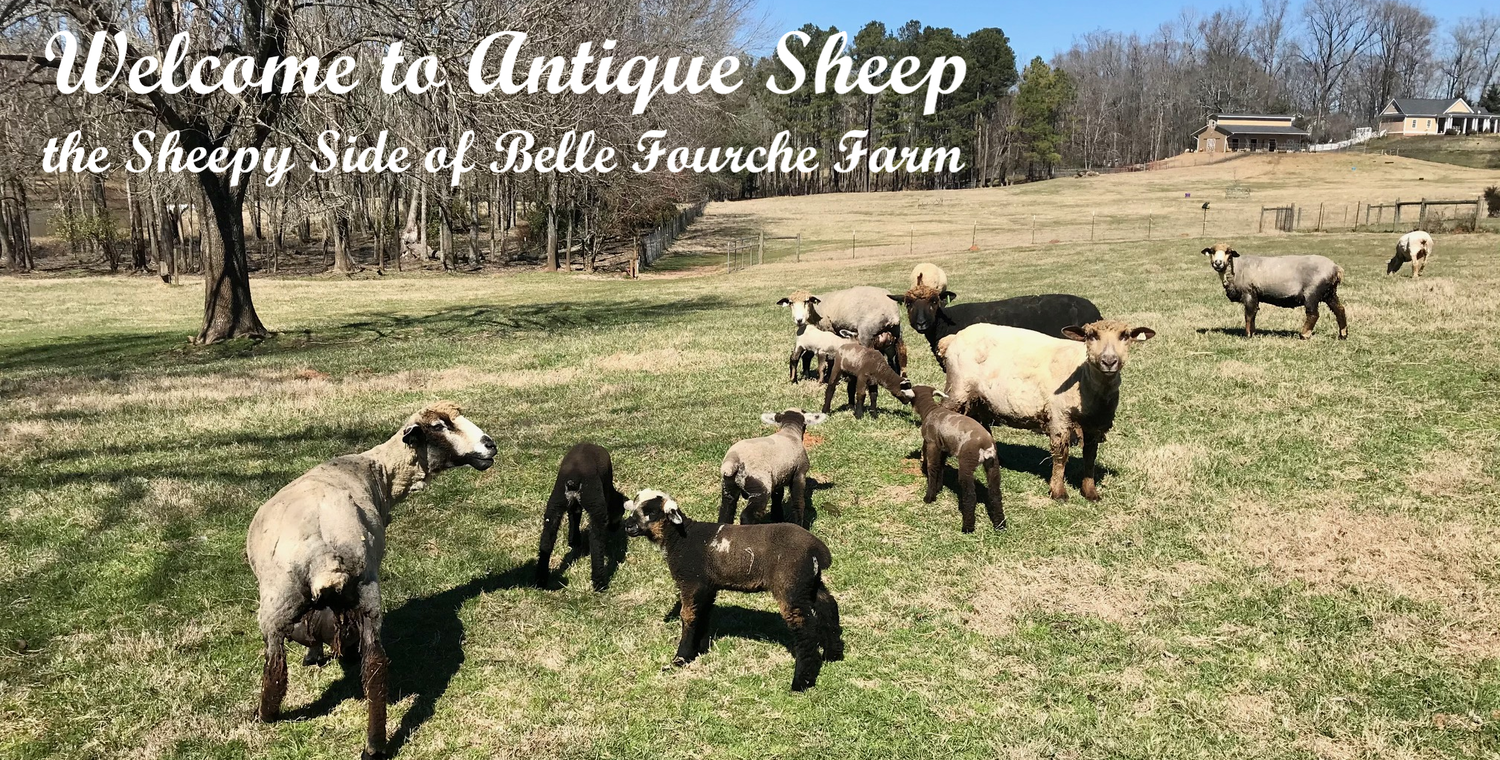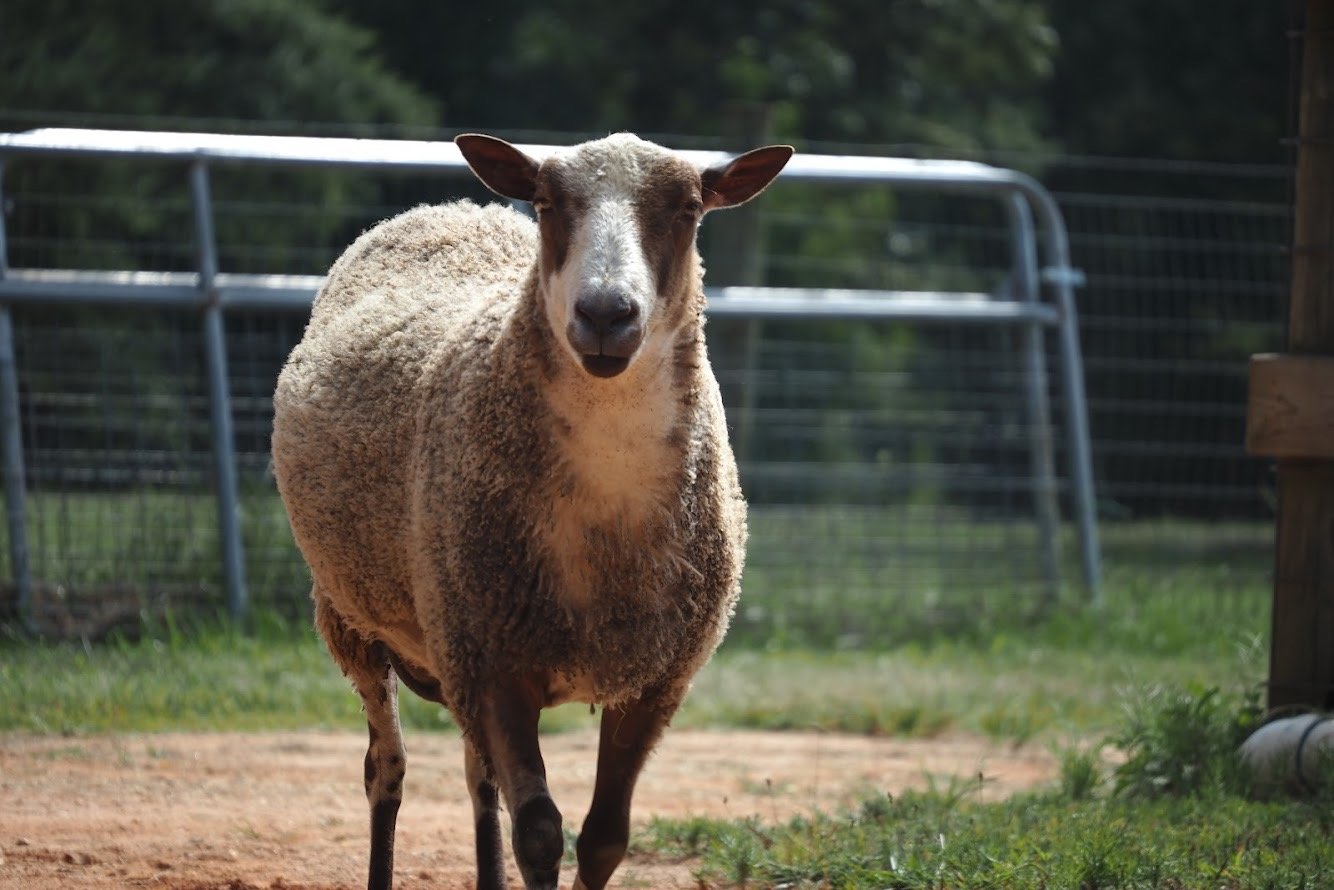Finnsheep
Our flock has been selected for finer fleeces with a soft handle and long staple length. We select for nice stout sheep and they tend to be on the larger side of the breed. We do not encourage litter size over 3-4. Mostly, we want an easy maintenance, hardy sheep, that is friendly, and a joy to work with. We love our Finn fleeces, and have sheep in all colors and patterns.
History
Finnsheep were first imported to North America by the University of Manitoba, Canada in 1966. Progeny was then brought to the USA by private breeders.
The breed is considered to be several hundred years old, descending from the mouflan that live in the wild on Sardinia and Corsica and related to other Scandinavian short-tailed sheep.
Hardy
Although small and relatively fine boned, they maintain natural hardiness, thriftiness, easy lambing, adaptability and longevity. Their success is testament to their ability to adapt to Finland’s harsh climate and available rough forage.
Gentle
Finnsheep are docile, easy to manage, and typically quite tame. People are often surprised to meet a sheep that will wag its tail when petted.
Distinct
Both sexes are polled. They are fine-boned and their naturally short, fluke-shaped tails do not require docking.
Unique Fleeces
The distinctive characteristics of Finn wool are luster and a soft hand. Finn wool is also softer to the touch than other medium wools with the same micron count. There is a range in quality depending on if the breeder has focused on wool in their program. We have made sure to select stock with wool that is prized by handspinners. We select for fine, soft fleeces, with both crimp and luster, no coarse hair mixed in, and a consistent fleece throughout.
Colorful
Finnsheep come in one of the widest ranges of colors of any breed. Besides white, the breed produces many shades of wool including moorit (red/brown), fawn, grey, dark brown and black. They also have a range of patterns, including pied (spotted) and badgerface.
Prolific
Finns are known for multiple births, with triplets and quadruplets common. They can also produce lambs out of season.
Jenni and her first set of lambs.





